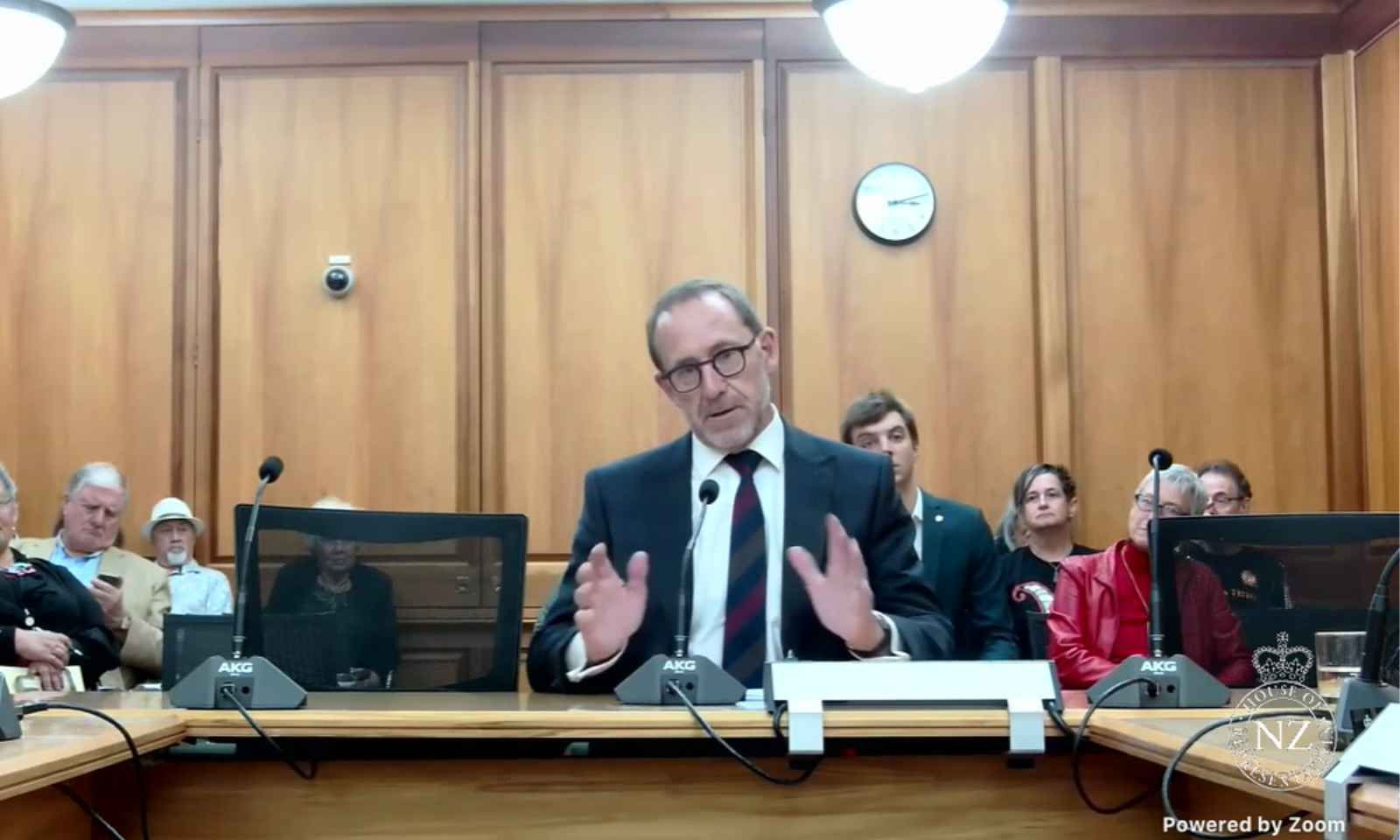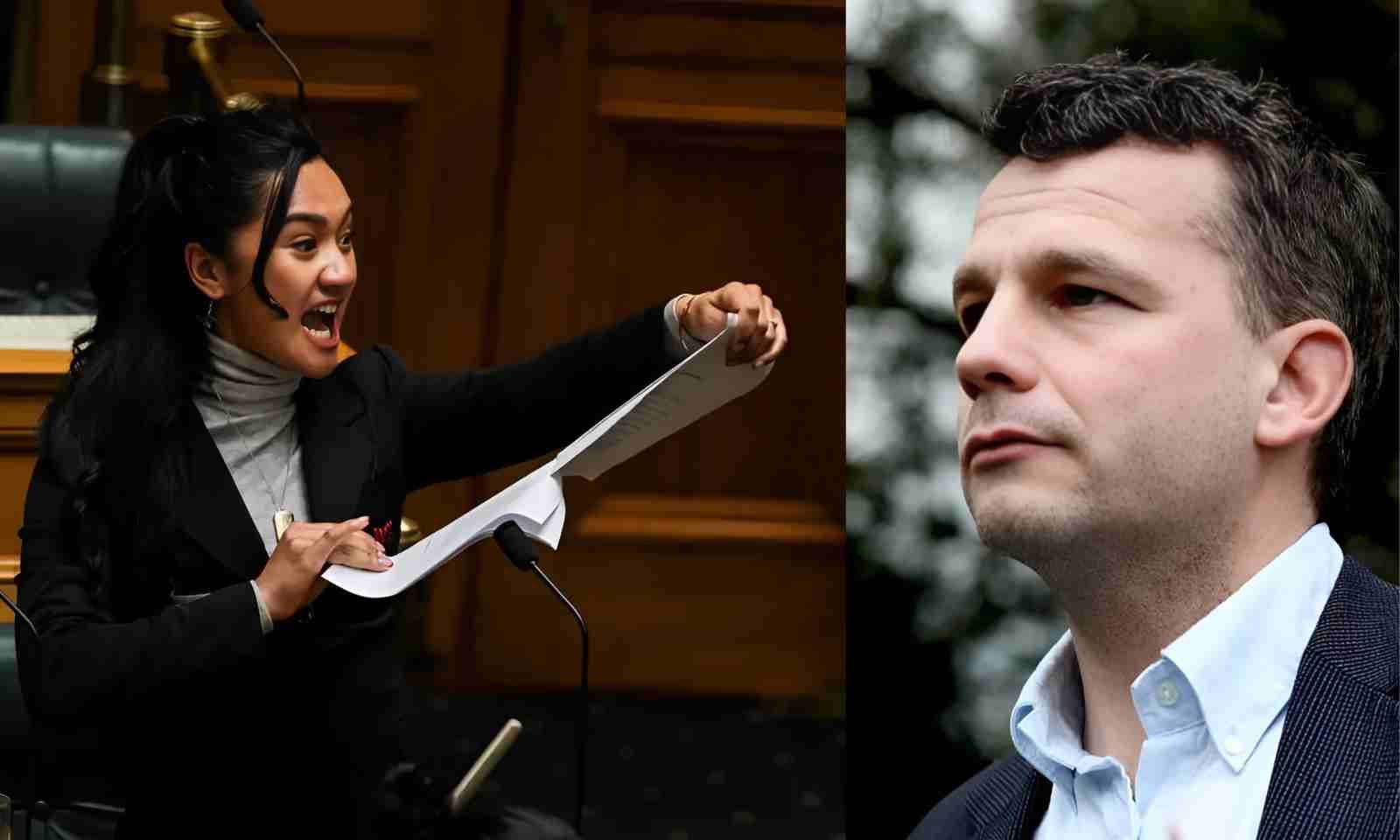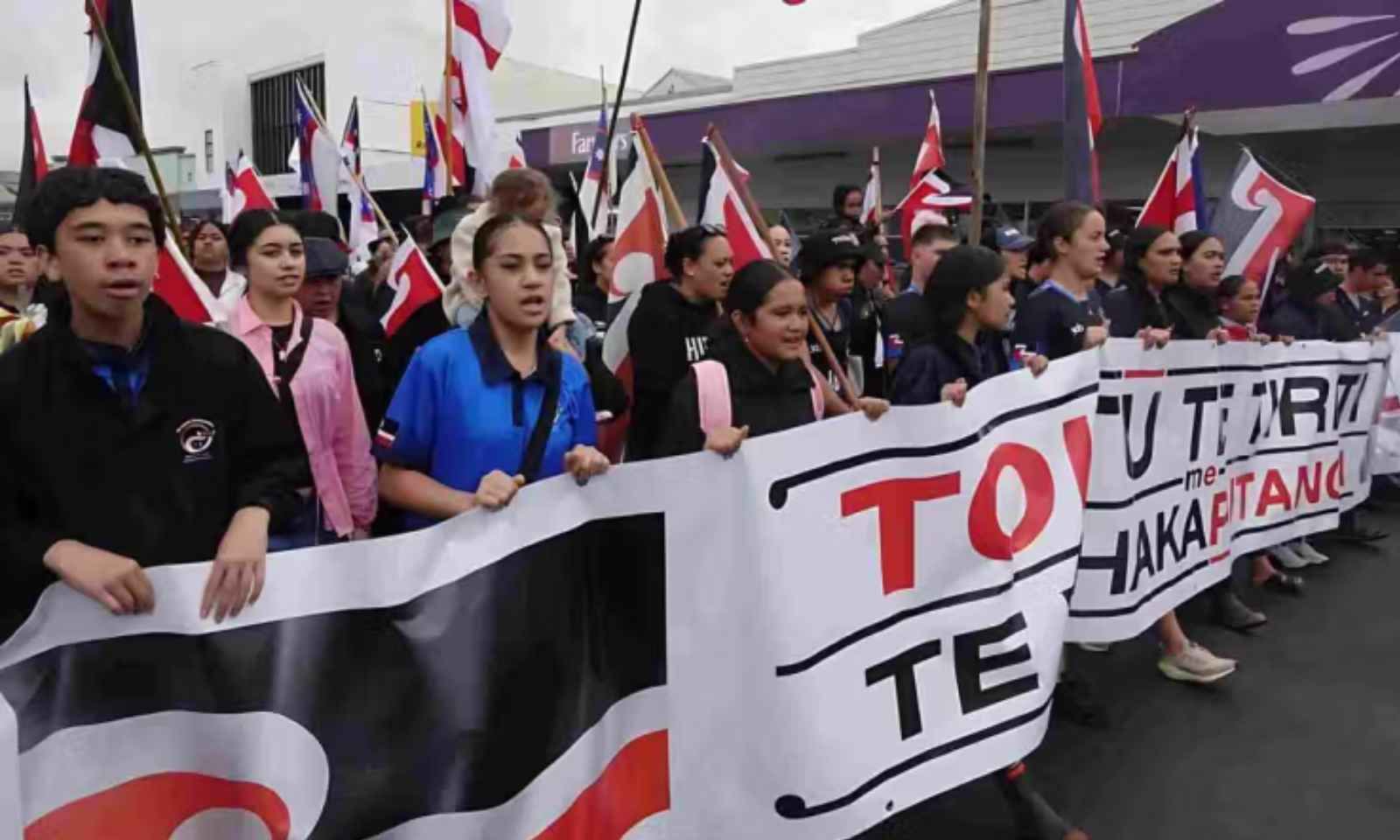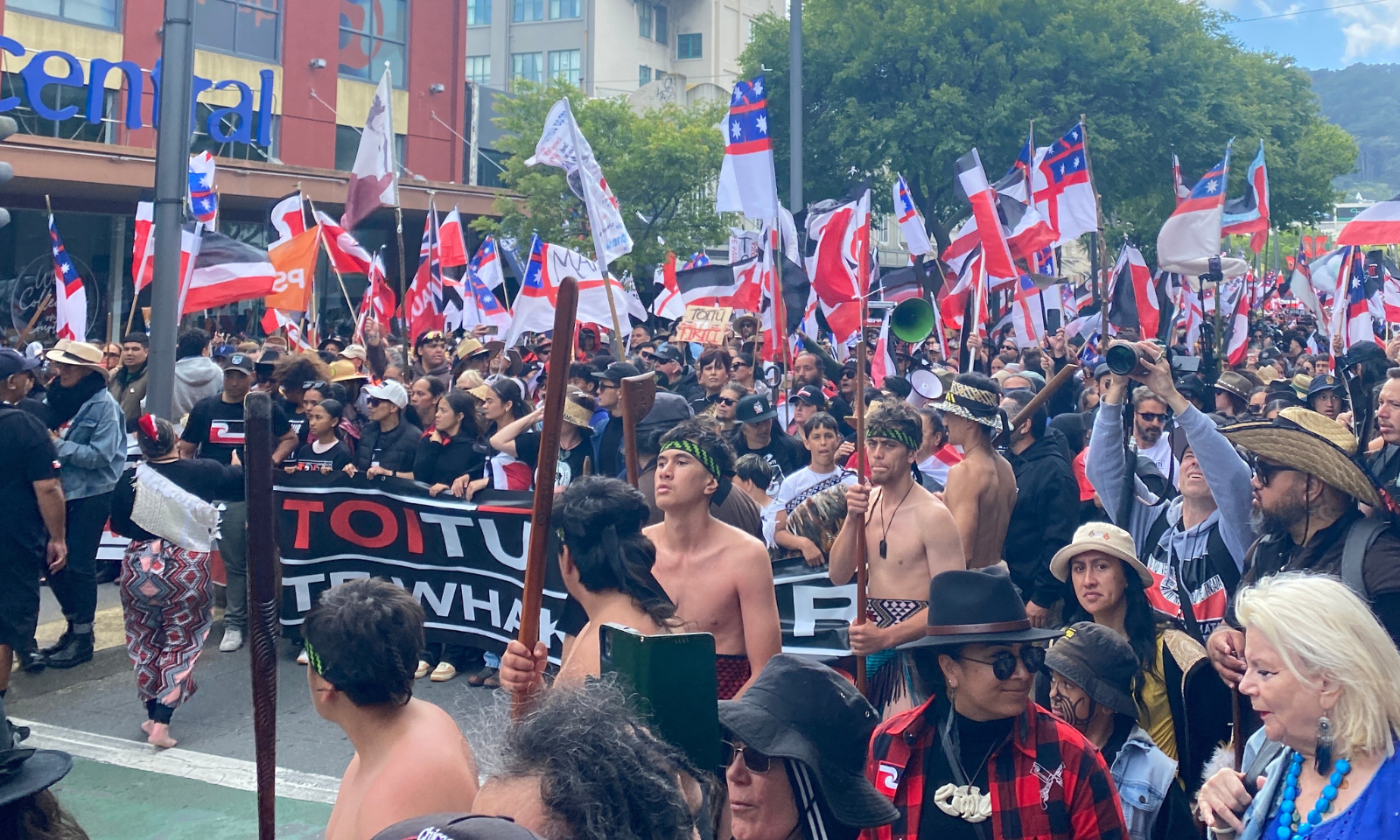

ACT leader David Seymour.
Photo/ Ala Vailala
David Seymour: ACT places ‘difficult' issues on Parliament agenda
As submissions on the Treaty Principles Bill are being discussed, the ACT leader suggests this won’t be the last time the party addresses challenging topics.




Inked across lands: How Pacific tattoo art is thriving in Germany

US funding cuts threaten to 'dry up' future of Pacific scientists - expert




Inked across lands: How Pacific tattoo art is thriving in Germany

US funding cuts threaten to 'dry up' future of Pacific scientists - expert
Oral submissions on the controversial Treaty Principles Bill have been called a “triumph” by the bill’s architect, David Seymour.
The first day of hearings wrapped up on Monday, with nine more submissions scheduled.
Speaking to William Terite on Pacific Mornings, Seymour said democratic engagement was important.
“I think it was a real triumph, because even people who don't think that the Treaty Principles Bill should proceed have bought into its basic concept," he said.
“They came to Parliament to debate democratically what the Treaty should mean to us in 2025 and beyond. So in that sense, I’m very, very pleased.”
The ACT Party’s Treaty Principles Bill has sparked national debate since its inception, gathering over 300,000 submissions received by Parliament’s Justice Select Committee.
This bill aims to define the principles of the Treaty of Waitangi in legislation and outline how they could be applied in interpreting the law.
Seymour said the nationwide discussion on Treaty principles was crucial for future generations.
“In a democracy, the citizens are always ready to decide the future. That's how it works.”

Former Minister and Labour MP, Andrew Little. Photo/Parliament On Demand
Critics challenge the bill’s premise
Not all reactions were positive.
Former Minister for Treaty of Waitangi Negotiations, Andrew Little, defended the bill's foundational premise, rejecting the notion that the Treaty created inequality.
“The treaty, if it represents anything, is a recognition of pre-existing rights, the pre-existing rights and interests of Māori and the promised protection of them," Little said.
“And the journey we've been on is not only to see a wholesale and egregious breach of those rights over decades and decades but in the last 50 or so years, the journey of reconciliation and restoration as we come to understand the treaty, its importance, the fact that it was breached and that there must be some redress.”
Little argued that correcting past wrongs does not create inequality but restores situations to what they should have been.

Te Pāti Māori MP Hana-Rāwhiti Maipi-Clarke tears into the bill in the House. Photo/Parliament
“To deny the ability to uphold the terms of the Treaty would itself be an act of inequality and it would make Treaty rights secondary or inferior to any other legal rights and would therefore make Māori unequal before the law.
“And to the extent that this bill claims to address that, it is not addressing anything at all.”
Broader implications of the debate
Seymour defended the bill as a chance for New Zealanders to address foundational issues about equality and governance.
Acknowledging the challenges the bill faces, he compared it to other landmark social reforms, such as the end-of-life choice bill, homosexual law reform, and ending slavery in the United Kingdom - each of which required multiple attempts before being accepted.
“Often, changes like this that involve getting to the heart of people's basic rights in a society, they take a few goes, because there will always be people who don't like the idea of the changes.

The bill triggered the biggest protest in New Zealand. Photo/RNZ
“And I dare say a number of the people who submitted yesterday are people who actually act as lawyers or lobbyists or contractors and make a lot of money out of the status quo, so, of course they'll show up and say it's all terrible.
“But nonetheless, eventually that opposition melts away because people see through to the truth.”
Meanwhile, Little said the Treaty acknowledged everyone’s place, and praised Māori for their “extraordinary patience” amid historical injustices.
“The land confiscation is pretty serious, shooting and killing people is pretty serious too.
“Failing to provide protection, causing Māori to have to leave their rohe, their areas that they whakapapa to in order to survive economically, those are huge intrusions.
Watch David Seymour's full interview below.
“The Treaty, in my view, is a unifying document. When understood, and when its historical context is understood, we should embrace it on those terms.”
ACT’s role within the coalition
When asked about the potential strains on the coalition if the bill does not go to a referendum, Seymour highlighted his party’s resilience.
“People are saying that I'm ignorant, that I don't know history, that I'm a bad person, that I have bad motivations, all these things,” he said.
“But no one's actually saying, no, here's why the bill is wrong, and we'd be better off to continue as a partnership between races. If I ever hear that, I'll have to pause and reflect. But other than that, it's all just noise.”

Tens of thousands of people marched in the national Hīkoi mō te Tiriti (March for the Treaty) in November. Photo/William Terite
While coalition partners National and New Zealand First have indicated they will not support the bill beyond its second reading, Seymour said it was still important to see the bill through to the select committee debate.
“It has shown that of the three parties, ACT is prepared to put difficult things on the agenda as a matter of principle.
“And it won't be the last time, I suspect, that the ACT Party has to do that within our Parliament, or perhaps even within our coalition government.”